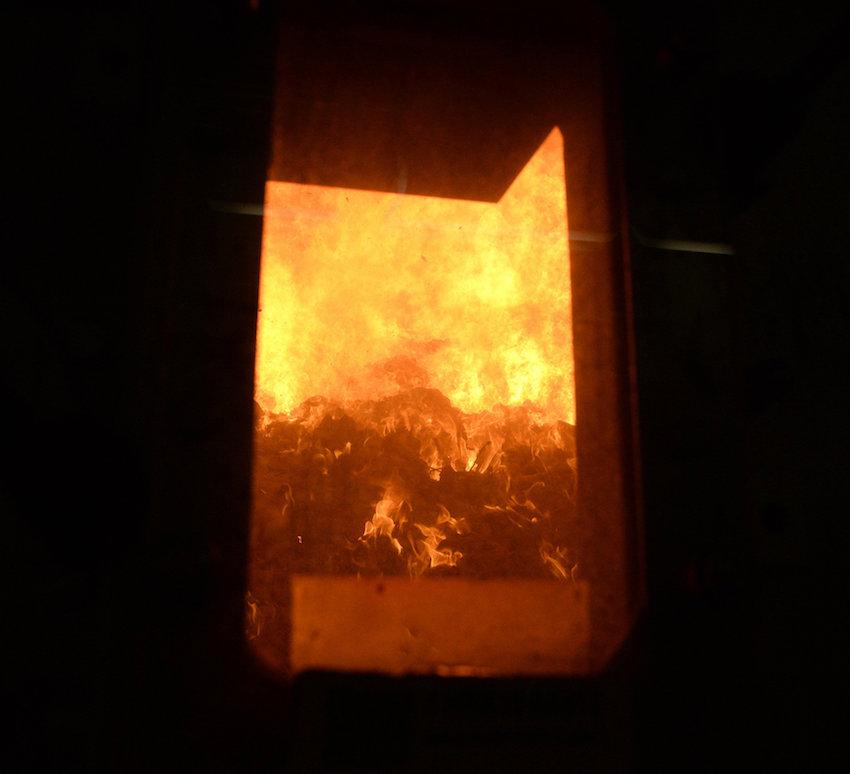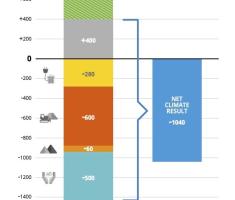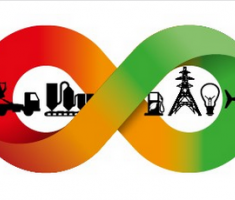Capturing CO₂ from waste-to-energy discussed in UK Parliament

The role of waste incineration facilities was a hot topic for MPs during a debate called last month by the Shadow Minister for Public Health, Sharon Hodgson MP.
During the discussion, it was clear that proposed new waste-to-energy (WtE) plants continue to generate a great deal of community and political opposition, mainly on account of the potential health impacts of local air pollution, particularly on children.
Carbon dioxide (CO₂) emissions are also part of the concern, along with other potential issues such as increased traffic, increased litter and toxicity in livestock.
The UK Government’s response in the debate, made by Rebecca Pow MP, Minister for the Department for Environment, Farming and Rural Affairs (DEFRA), made reference to carbon capture and storage (CCS) as an option for making WtE more environmentally friendly.
However, no mention was made of the potential for CCS to create negative emissions – the active reduction of CO2 already in the atmosphere – through capturing CO2 from biogenic sources in the feedstock.
Ms Pow said: “Every day that passes brings new advances in carbon capture, and I am pleased to report that the Government will invest £800 million in this technology to deploy the first carbon capture clusters by the mid-2020s. The technology could potentially be applied to energy-from-waste plants to capture the carbon emissions from incinerating waste, thereby reducing CO2 emissions even further.”
Rebecca Bell, from Scottish Carbon Capture & Storage (SCCS), who watched the debate, said: “This seems to be the first time the Minister has spoken about CCS in Parliament, and CCS is not mentioned in DEFRA’s 25 Year Environment Plan, published in 2018. This suggests the 2019 commitment to net zero emissions by 2050 has piqued interest in CO₂ storage beyond the ‘usual suspects’ in the Department of Business, Energy and Industrial Strategy. “
In closing the debate, the Minister suggested that the Government could consider a tax on the incineration of waste in future, if its policies proved insufficient to meet its waste ambitions.
The use of an incineration tax raises some questions for the WtE sector, including partners involved in the NEWEST CCUS project.
For example, would this tax be based on the weight of waste incinerated or on the CO₂ emitted? The latter would make most sense from a climate perspective, and would make CCS deployment more attractive. Could the resulting cash be channelled into supporting the development of CCS infrastructure? And finally, how can the NEWEST-CCUS project consortium contribute to the debate?
Photo courtesy of FCC Environment









